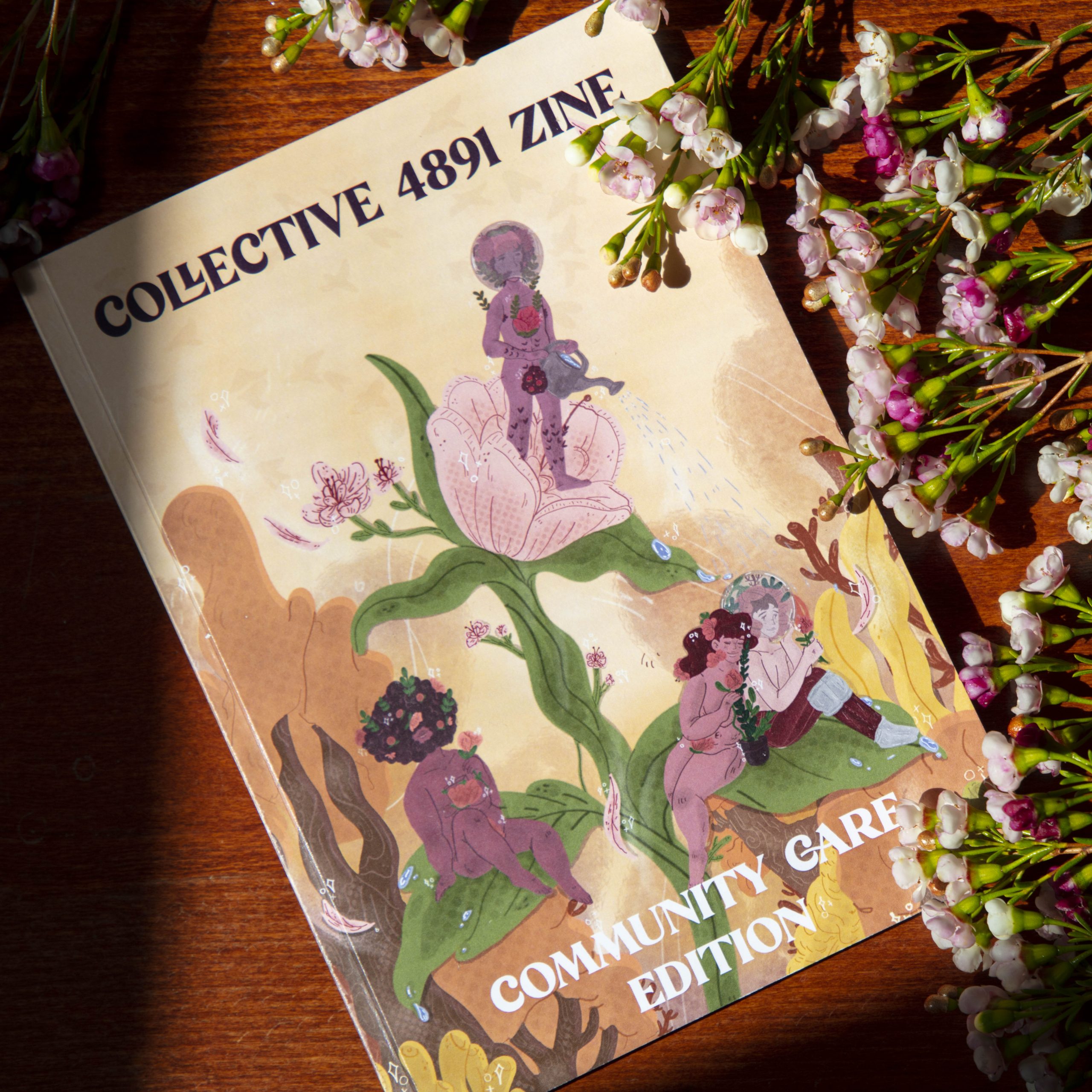Making art accessible and inclusive for all
Founded by Concordia Communications students Hannah Jamet-Lange and Shin Ling Low, Collective 4891 aims to foster a safe space for artists to create, regardless of their artistic medium.
“Our goal was always to create a safe space for people to share their art in,” said Jamet-Lange, adding that they wanted to make room for people who perhaps didn’t yet have the confidence to sign up for open-mics or more professional performance settings. “We felt like everyone was doing so many cool things, so many cool art projects, and we really wanted to see it in a context outside of school.”
The group initially organized art events in Jamet-Lange’s apartment. In fact, the collective is named after their old apartment number. In order to provide a platform for emerging artists to expand their practice and experience, the collective often took photos and videos, giving the creators a chance to add to their portfolio. However, despite being titled a collective, the team only consists of Jamet-Lange and Low, both of whom do everything from hosting the events to assembling their zines.
“We would love to make the collective a more literal sense of ‘collective,’” said Low, adding that they are interested in expanding their team in order to continue producing and hosting community projects and events.
“During [the open-mics] people would oftentimes build confidence during the event, after hearing other people perform and then decide on the spot ‘Hey, I’m going to perform something after all,’” said Jamet-Lange. “If people have the confidence and want to perform something they should have the availability to be able to do so.”
However, when the pandemic hit, they had to restructure the format in which their events were delivered, all while staying in line with their mandate of making art accessible to all.
Therefore, they decided to start a zine. The Community Care Edition of the Collective 4891 Zine features the work of over 20 creatives. In addition to serving as an art project to showcase the work of emerging artists, the zine also doubles as a fundraiser for Black Lives Matter.
How so? In order to obtain a copy of the zine, those interested are encouraged to make a donation to the cause of their choice — going local is highly encouraged — and submit proof of their donation. In return, those interested will receive their order by mail.
The zine features everything from paintings to poetry, giving people a chance to display what would have otherwise been placed on a wall or performed at one of the collective’s open-mics.
To accompany the launch of their inaugural zine, the collective will be hosting a virtual artmaking event and launch at the end of April. Here, artists who contributed to the zine will be able to share their work, in an effort to allow people to connect with the art and artists who contributed.
For more information about Collective 4891 and their upcoming launch event, follow them on Instagram or Facebook. Those interested in receiving more details on obtaining a copy of the zine or donating to a cause, visit this website.
Photos by Matilda Cerone.
